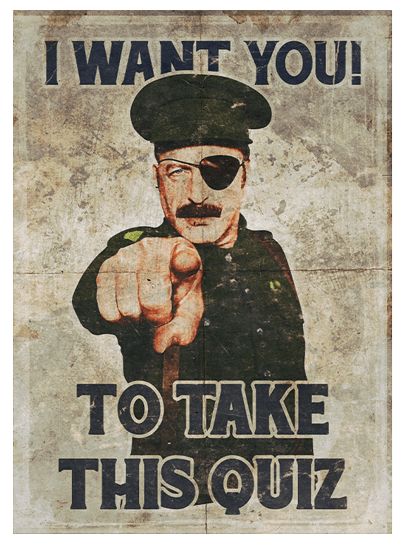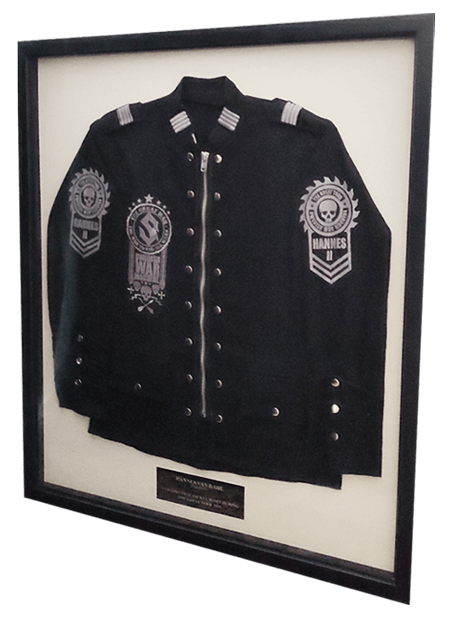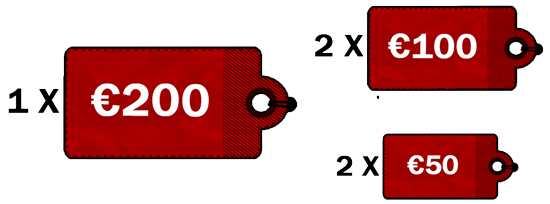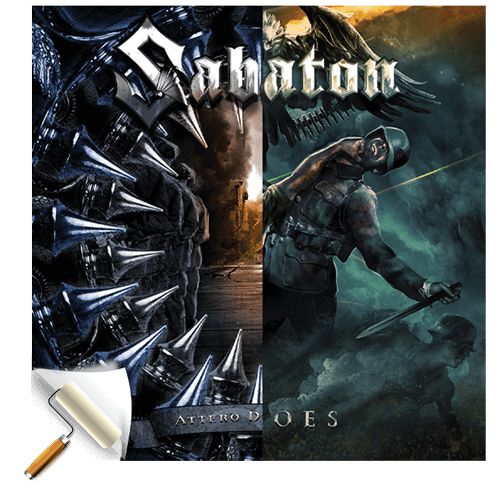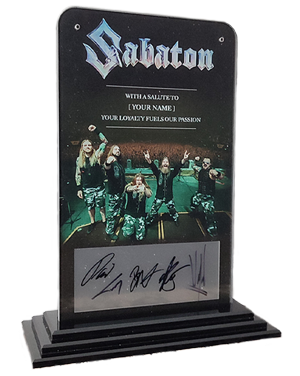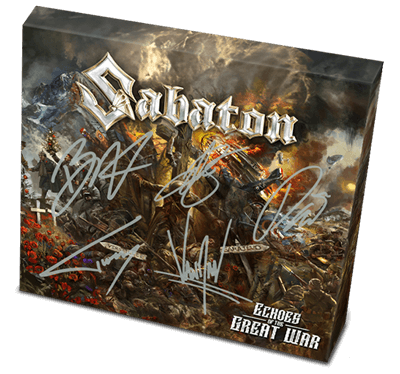In the name of God
‘Sic semper tyrannis’, which translates to ‘Thus always to tyrants’, are famous words, promising death to unjust rulers and dictators alike. They are commonly attributed to Brutus, as he fatally stabbed Julius Caesar – an assassination that is one of the earliest recorded acts of terrorism. The ancient world had its fair share of tyrannicide and political backstabbing though. The kind with actual knives. Violent gangs and hired killers roamed the streets of Rome and Athens, intimidating or outright murdering those who had crossed the wrong people. The Middle Ages saw terror used as a weapon in warfare. Armed bands raided villages, attacking seemingly random people and robbing them of their valuables. But terrorism as we know it began in the pre-modern age of enlightenment.
The philosophers of the 18th century began to fundamentally change the understanding people had about power and the natural order of societies. The general public began to grasp that sovereignty of the state did not have to reside in single figures, like kings or emperors, but in the nation as a whole. The common people consequently felt that they were subjects of a deeply unfair system, which ruled through the oppression of the masses. As the people revolted, the ideas of tyrannicide re-emerged.
Terror breeds more terror
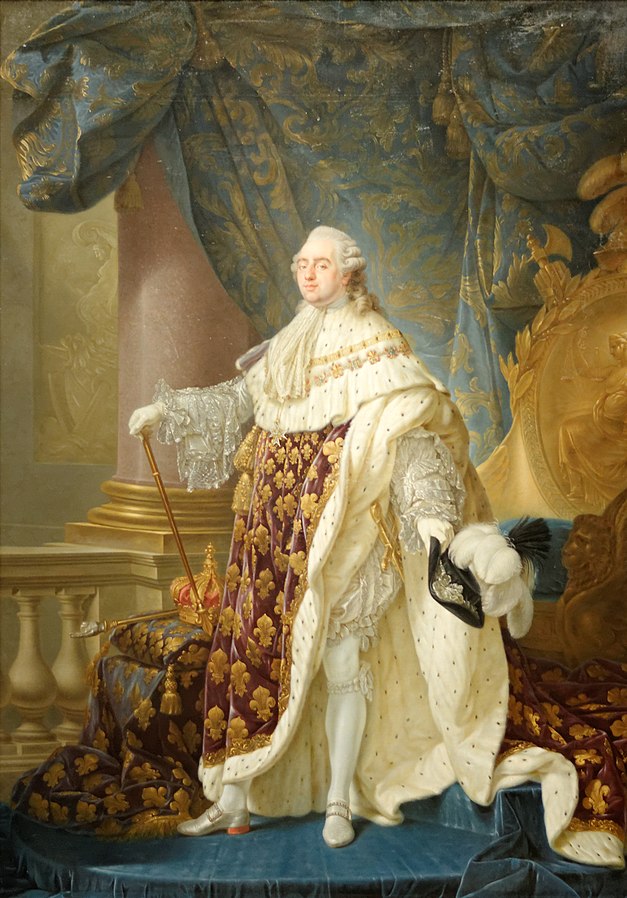
It would be the French Revolution that really began changing things. After the violent deposition and later, murder of Louis XVI, it was expected that his socio-political system of oppression by the privileged few would vanish as well, but even as the Old Order fell apart in the chaos of the revolution, the violence did not stop. On the contrary, the national convention of the revolutionary Jacobins proudly proclaimed that ‘Terror is the order of the day!’. Anyone affiliated with the old regime, or even slightly suspicious of standing in the way of progress, was suddenly fair game for popular violence. Having a different opinion or doubts about the course of the revolution became synonymous with treason. Everyone could be a ‘counter-revolutionary’, as the specifications were held deliberately vague. Violence against enemies was in fact encouraged. The political assassin, who ‘killed one to save a thousand’, became the central romantic figure of the time. In its zealotry for change, the French revolution set the language and purpose of modern terrorism. Robespierre saw terror as ‘prompt, severe, inflexible justice’, a virtue that enforced social progress and cultural change. The rule was given over to a ‘régime de terreur’ and its members proudly called themselves ‘les térroristes’.
Terror also consequently destroyed any chance of political dialogue. The traditional barriers of humanity broke down, as terror simply bred more terror. Blood ran in the streets as hundreds of thousands were killed by way of guillotine, firing squad and lynch mob, until the revolution eventually turned in on itself.
The Russian Empire
By the end of the 19th century, the Russian Empire was still easily the most backwards nation in Europe. Over 85% of its people were illiterate peasants, living in poverty and shackled to serfdom. There were no elections, no political parties or trade unions to ensure their civil rights. Instead, they were ruled by the absolute power of the Tsar, and he used the police and the army to keep it that way. But new opposition began to appear. Marxists, liberalists, anarchists; they all stood in opposition to the exploitation of the agrarian people, and were often led and supported by groups of young students, who dreamed of bettering Russian society. Conspiratorial activity had an intriguing, mystical flair to it and many would-be assassins stylised themselves as fanatic nihilists, who lived only for the cause. And the cause was the destruction of state authority. Many praised banditry as the most noble and pure form of the revolutionary. Each assault against the state, each knifed politician, each policeman gunned down, was a step forward. The perfect terrorist freed himself of all ethical concern, since the concepts of morality and legality were already perverted by the oppression of the state. He would have no emotional attachments to the cause and would never compromise his goals. For the revolution would be total or it would not be at all. The goal of terrorism was to demonstrate the weakness of the governing elite and to provoke popular rebellion against them.
Another game changer was the invention of high explosives. In the past, gunpowder plots had been crude and prone to failure, but Alfred Nobel’s invention of dynamite soon found its way into the hands of terrorists. Unlike knives and revolvers, using dynamite would not be mistaken for an ‘ordinary’ murder. However, when Tsar Alexander II was killed this way in 1881, so were a lot of innocent bystanders. Russian newspapers began flooding the market, each trying to sell themselves by printing in big bright letters about new assassinations or terrorist attacks. The media played its part in spreading the ‘propaganda of the deed’, attracting people who were bitter, alienated by society and thirsty for revenge, to a cause that was promised to be popular, historical and grandiose.
Over the following decades, modern terrorism took on many forms. Socialist violence surged in Europe and the US after WWI. Russia fell to the Bolsheviks and saw the terror of the Russian Civil War, and a series of political murders destabilised interwar Europe. Japan underwent a whole era of ‘government by assassination’, and the Ku Klux Clan re-emerged as a big threat in the US. In the 1930s and 1940s, state terror from fascist, national socialist and Stalinist governments was turned against its own people from the top down. After 1945, the world saw anti-colonial terror, violent ethno-nationalism or radical separatist movements. White supremacist terror, radical Left-Wing bombings, Lone Wolf killing sprees… the tools of terror could be used by any group and for any cause.
September 11
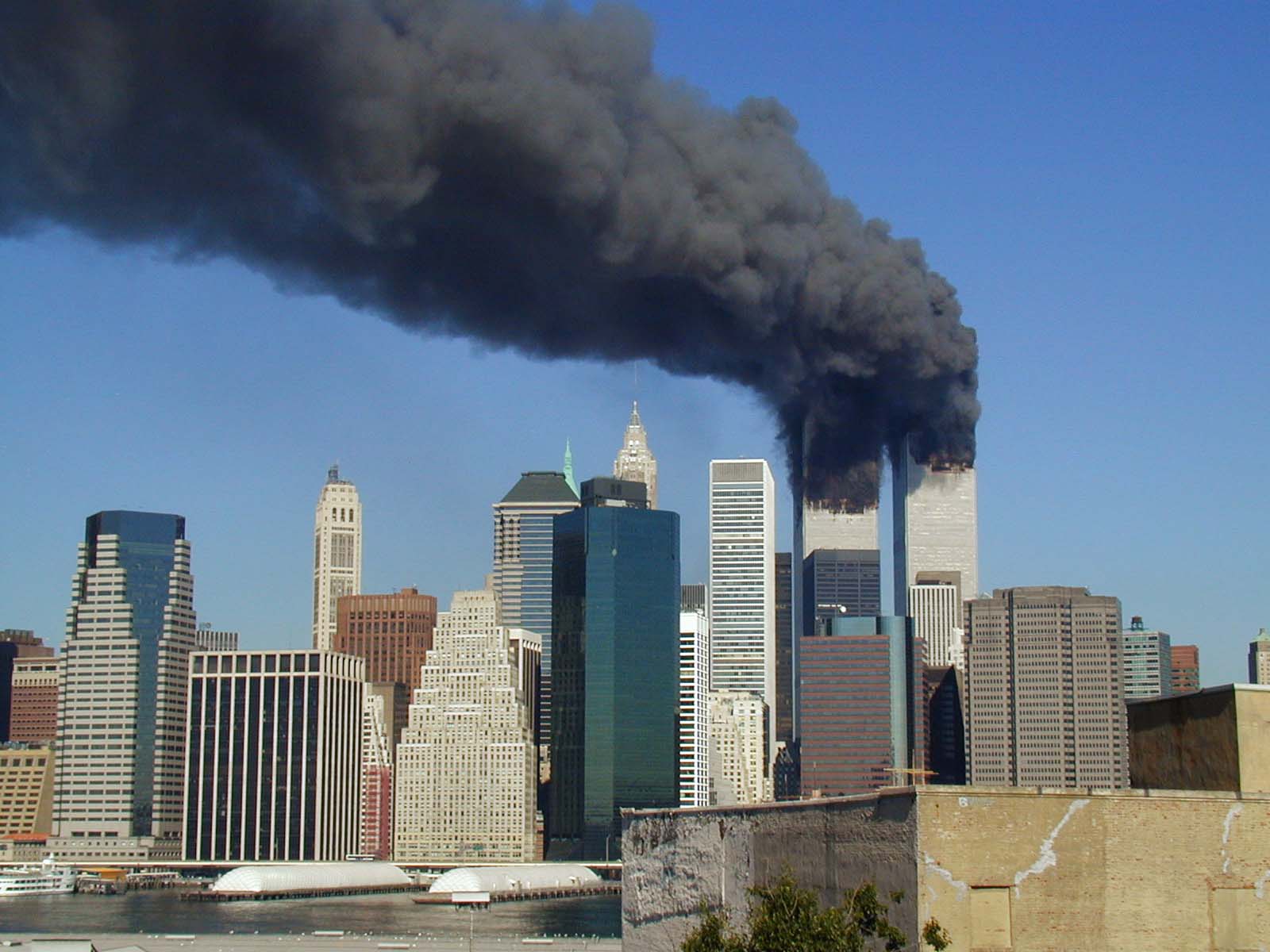
Still, what many of us associate with modern terrorism nowadays was shaped by the events of September 11, 2001, when a group of Arab Jihadists hijacked four airliners and crashed them into the World Trade Center and the Pentagon. Seemingly overnight, the western world focused on the existence of international Islamist terrorism. It was of course way older than that.
‘Jihad’, that is to struggle and strive on the path of God, can be interpreted as a defensive war in the name of Islam. Jihadists believe in ‘tawhid’, that the only authority comes from Allah, and every Muslim should be solely guided by his will and the words and actions of the Prophet. No otherworldly authority, no laws of states or secular societies could stand above them. With the collapse of the Ottoman Empire, the Muslim world lost its acting unified authority, the caliph. Most Muslim countries came under Western economic dependence and political influence. Consequently, a small, westernised elite emerged that ruled the Arab nations through secular and industrial means.
The first major resistance against such ‘modernised’ societies, was the Muslim Brotherhood in Egypt. Their motto embodied Jihad: “God is our objective; the Quran is our constitution; the Prophet is our leader; struggle is our way; and death for the sake of God is the highest of our aspirations.” Their aim was to push the European imperialists out of the Muslim world and retract their secularist influence. Disgust and hatred for western materialism, open sexuality and the culture of the ‘American way’ grew. For the devout Jihadist, obedience to Allah meant not just rejecting those values, but opening revolt against them. The popularity of Jihadist teachings surged, as the westernised leaders failed to secure economic stability, and instead, resorted to autocratic oppression. Young men, disillusioned and lost, were vulnerable for radical interpretations of the Quran. The Palestinian Cause, the Iranian Revolution or the fight of the Mujahideen against the Soviet Union in Afghanistan, they all radicalised a new generation to violence.
The belief that the deeds of a small vanguard could free the Muslim world from western shackles unleashed a new era of international terrorism. It was now a tool to humiliate the west and cripple their societies with fear and outrage. Martyrdom, especially the destruction of the target by the death of the assassin himself, became an ideal in the eyes of the most radical. The suicide bomber, motivated by the promises of the afterlife, was especially efficient in horrifying the western world, and each terrorist act produced the desired echo, both of repulsion and admiration.
The age of modern terrorism
Historians are debating if this recent era of Jihadist terror is fundamentally a new thing or a similar phenomenon to the terror of the past. Each religion has its fair share of radicals and fundamentalists who would not refrain from violence against non-believers, but the idiosyncratic use of Islamic teachings, the prospect of apocalyptic struggle and beneficial martyrdom is rather new. Still, beyond the religious rhetoric, the leaders of Al-Qaeda, Hamas and ISIS all have very secular motives for their use of terror. All seek to hurt and provoke their enemies, and to recruit more followers through an escalating circle of violence, but the end result is to be the acquisition of power, territory and influence among their people.
What has also changed is the use of the media. Terrorists know that every attack will be at the centre of media attention for weeks. They themselves will use the internet and social media to connect with sympathisers all over the world, and display their horrific acts of violence to entice others to follow.
It would be foolhardy to assume that terrorism will simply be eradicated one day. Instead, it will continue to evolve, to be part of radical causes and beliefs. Terrorists, no matter their religion, ethnicity or political conviction, will always try to hurt their ‘tyrants’ through acts that instill fear and demonstrate violence. Hoping to change an oppressive system, they will continue to kill and hurt the innocent. We can try to understand their cause, try to understand the history of terrorism itself, but we can never really justify it.
The 9/11 terror attacks and the history of terror heavily inspired our song ‘ In The Name Of God ‘, which is featured on our album, Attero Dominatus. Take a look at the lyrics we wrote here.
If you’re interested in a more visual interpretation of this story, watch our Sabaton History episode, In the Name of God – The History of Terror:




